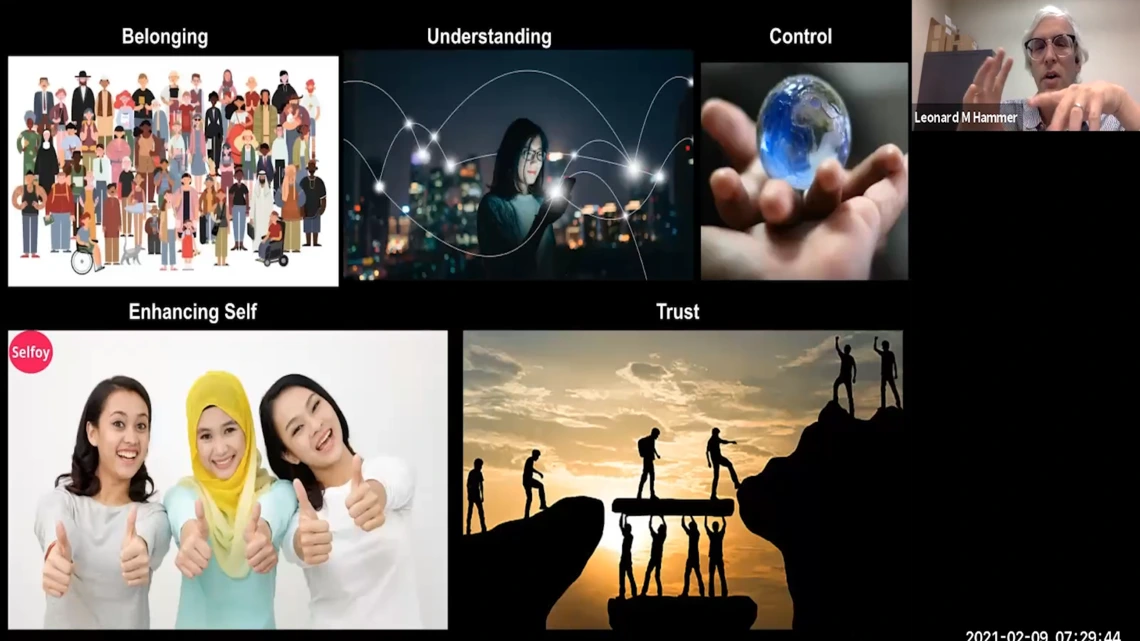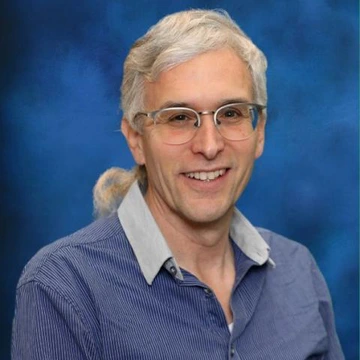Global Mesh Pedagogy: Transnational Teams for Human Rights

In the Spring of 2021, Human Rights Practice and Russian and Slavic Studies students from the University of Arizona collaborated with students from the American University of Central Asia and Peter the Great St. Petersburg Polytechnic University, Russia, Together, they produced social justice podcasts for NGOs from Central Asia. This video, produced by Leslie Epperson, features students and instructors explaining their innovative collaboration.
The project's lead from UArizona Human Rights Practice is faculty member Leonard Hammer, who describes the project below.

"The cross-institutional involvement that we established at the University of Arizona ("UA") entailed a joint-form course and project work involving students from the UA, the American University of Central Asia ("AUCA") located in Bishkek, Kyrgyzstan, and the University of Saint Peter the Great ("St. Petersburg") located in Saint Petersburg, Russia. The students from UA were from the Human Rights Practice (HRTS) graduate program and from the undergraduate Russian and Slavic Studies (RSS) program. This is a prime example of our commitment to a dynamic and interactive approach to higher education that we've termed Global Mesh Pedagogy.
"Students from AUCA and St. Petersburg were from the fields of law, human rights, political science, communications, and international relations. We wanted to expand Project-Based Learning Beyond Borders (PBL-BB) to allow for less static project work and afford the students an opportunity to enrich their understanding, deepen their perceptions of the materials they are engaging, and open up new vistas of insight through the involvement of different disciplines and different institutions. Because the projects are group oriented, this stratified form of PBL afforded more diverse groups, greater cross-cultural thinking, and more critical consideration of problems and issues.
"The model for creating this stratified PBL-BB is a multi-nodal framework of educational and project exchange. Each node represents either an institution that houses the students, a departmental field of study within the institution, or an external organization or project provider with whom the variety of students from the different intuitions will work. The nodes are connected to each other by virtue of shared lecturing (between institutions, participating project providers and guest lecturers) and through project work (between institutions and project providers).
"The nodal system allows participating institutions and departments to track activities and have faculty exchange ideas and lecturing, maintains departmental autonomy (as some departments might desire to stress specific activities like social policy or language study), and affords a broader picture for student involvement as they too understand the relationships being developed."

